“We’re from the government and we’re here to help.” It’s been said those are the scariest words in the English language. But in Marion, a group of government and community leaders are working to change that.
In January 2021, Marion Town Manager Bill Rush was reviewing the state of the town. New census numbers were becoming available, and they weren’t promising for Marion – or for rural America. Populations continued to decline. Marion, for the first time in two generations, would be under 6,000 people. And while the community has made great strides, recruiting Emory & Henry and Wytheville Community College to bring higher education to the town, building a vibrant economy through entrepreneurship, tourism, and manufacturing – the community was at a crossroads.
Six years earlier, Rush had watched as industrial cities struggled with crumbling infrastructure, leaving residents without drinkable water. His innovative program to replace Marion’s aging water and sewer lines in a comprehensive plan, dubbed CIRP – Comprehensive Infrastructure Replacement Program – is systematically removing the old, bringing in the new, and preparing the Town for the next 75 to 100 years.
Now, a larger, more complex problem faces Smyth County’s courthouse town. Local leaders have long attended to deteriorating neighborhoods with Community Development Block Grants, but more often than not, found themselves facing those same problems ten to fifteen years later. And, with Marion’s dwindling population, that blight is starting to grow across town, one house at a time. The time is right to see if there is a way to address the housing needs of the community as the Town is doing for the other infrastructure, to build a community for the future.
Rush met with Ken Heath, Marion’s Director of Community and Economic Development, and charged him with researching the issues related to addressing the derelict properties throughout town. Heath developed a basic project plan the two dubbed “Project BAUD: Blighted, Abandoned, Underutilized, and Dilapidated Properties” to catalog all associated properties – public, private, occupied and vacant. Heath then formed a Task Force, bringing in Charles Harrington, Executive Director of the Marion Redevelopment and Housing Authority; Brian Reed, Deputy Director of the Mount Rogers Planning District Commission; Mayor David Helms; Jim Barker and Suzanne Jennings of the Marion Town Council, and began work.
“Our plan is to improve the lives of our neighbors”, said Heath. “The first thing to address is where we live Whether it’s by finding resources to assist in repairs to a house repair for qualified residents or assistance in helping first time home buyers, our goal is to work with every citizen toward safe, attractive housing opportunities for all.”
The BAUD Project is large. So large, in fact, that few other communities have attempted it. “We’ve studied towns and cities large and small that have worked on pieces of this puzzle,” said Rush, “but so far, haven’t found anyone that’s tried to tackle every challenge. From vacant parcels that are overgrown to housing stock and commercial buildings that have been abandoned or fallen into disrepair to piles of debris and rubbish that have accumulated over time, there’s a lot to unwrap to help make a better community. And we’re assembling the program to do it.”
To date, Marion’s Team BAUD has secured funding for housing studies to inventory existing stock and identify future opportunities, grant funding for studying commercial properties in downtown for redevelopment, partnered with LocalIntel to provide a comprehensive list of available resources and demographics on the Town’s website, assisted with the accumulation of over two dozen formerly vacant and abandoned houses for future redevelopment, and begun developing the process to train staff to be certified housing specialists to help renters to become home owners through a series of initiatives the program is building.
“We have reached out to over 60 property owners throughout town to see how we can assist them in clearing dilapidated structures,” said Heath. “Many have indicated they are working on their own to rehabilitate their properties, which is fantastic. But there are others who have inherited an old house and have generously donated those to the Town for clearing. We are truly looking at every avenue to help clean up our neighborhoods and to provide safe, attractive housing for everyone.”
As the Town moves forward, Marion Town Council will be looking at a number of potential resources and tools. “From potential grant partners to strengthened ordinances and enforcement, it’s time we got serious in addressing these needs,” said Rush. “The Town has always offered everything we could to help our citizens maintain attractive homes and neighborhoods, and this is simply an extension of those efforts. Unfortunately, there are a few that either cannot or will not join in keeping Marion attractive, and our Town Council will be looking at every opportunity to assist in the process.”
One such partner will likely be the Marion Economic Development Authority. Formed several years ago, the Marion EDA has the ability to purchase properties, rehabilitate them, and then sell them. “Our first choice is for the Town of Marion to encourage and assist private development,” added Rush, “but there are times when that will need a bit of a nudge to make it make sense for private investment. Our EDA is perfectly suited to compliment the work of the Marion Redevelopment and Housing Authority and our other partners to see the quickest, best pathway forward,”
Rush’s overall goal is lofty – to increase the taxable land value of the Town of Marion by 25% in the next ten years. By doing so, the Town will be able to offer more enhanced services to the citizens without increasing the individual tax burdens. “We intend to provide attractive housing, ready-to-go storefronts, green spaces, and incentives for growth by the private sector, all the while cleaning up the unattractive and blighted areas of our town,” said Rush. “In the end, everybody wins.”
For additional information on Marion’s innovative BAUD program, contact Bill Rush, Town Manager at [email protected] or Ken Heath, Director of Community and Economic Development at [email protected].
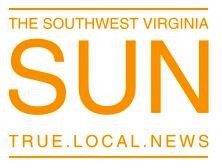
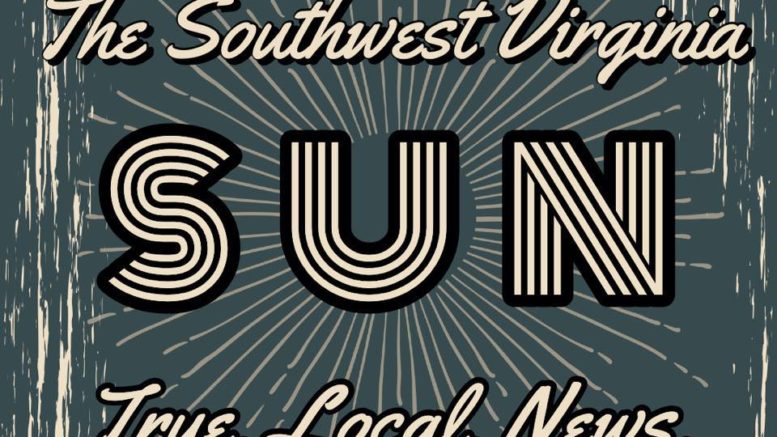

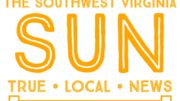
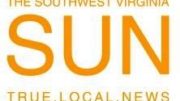
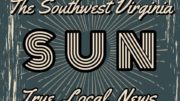

Yep, Marion will realign, rebuild, replace, and guess who will foot the bill? The good taxpaying citizens of Marion. Now THAT should be an incentive to draw more people to Marion, right? Let’s just raise taxes…..